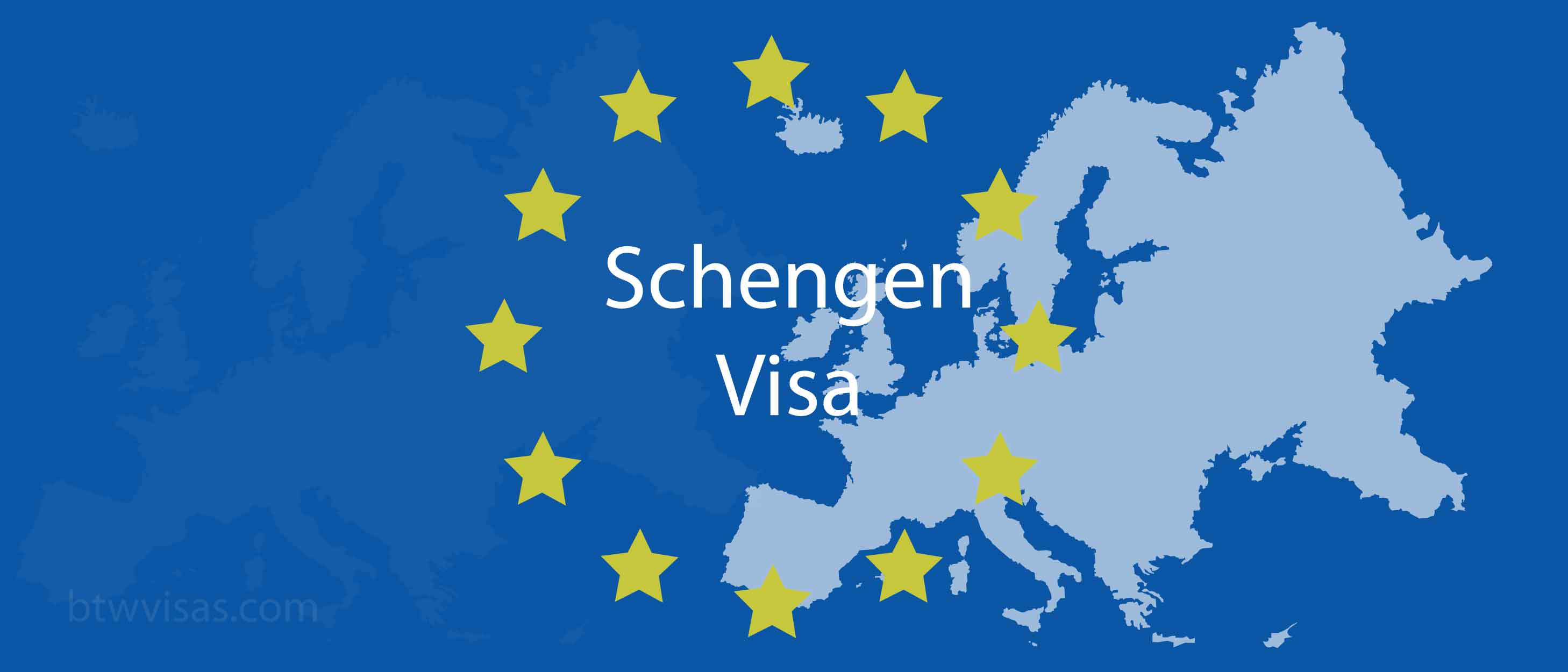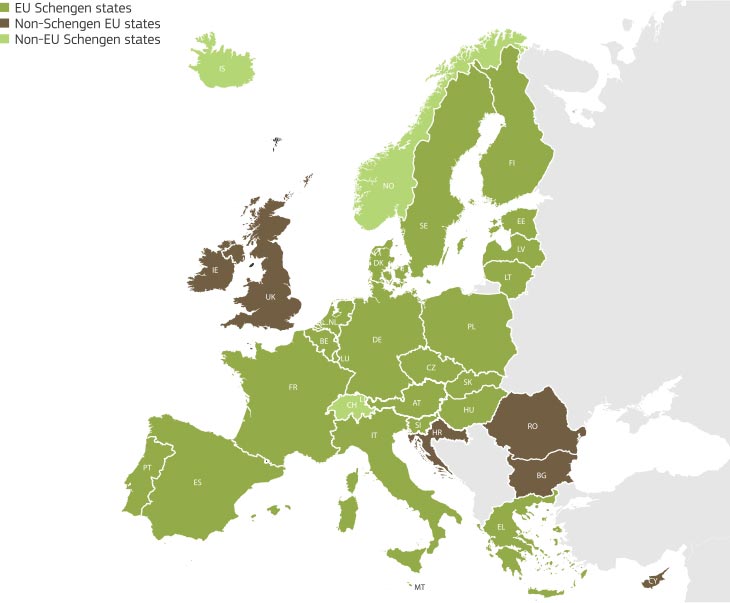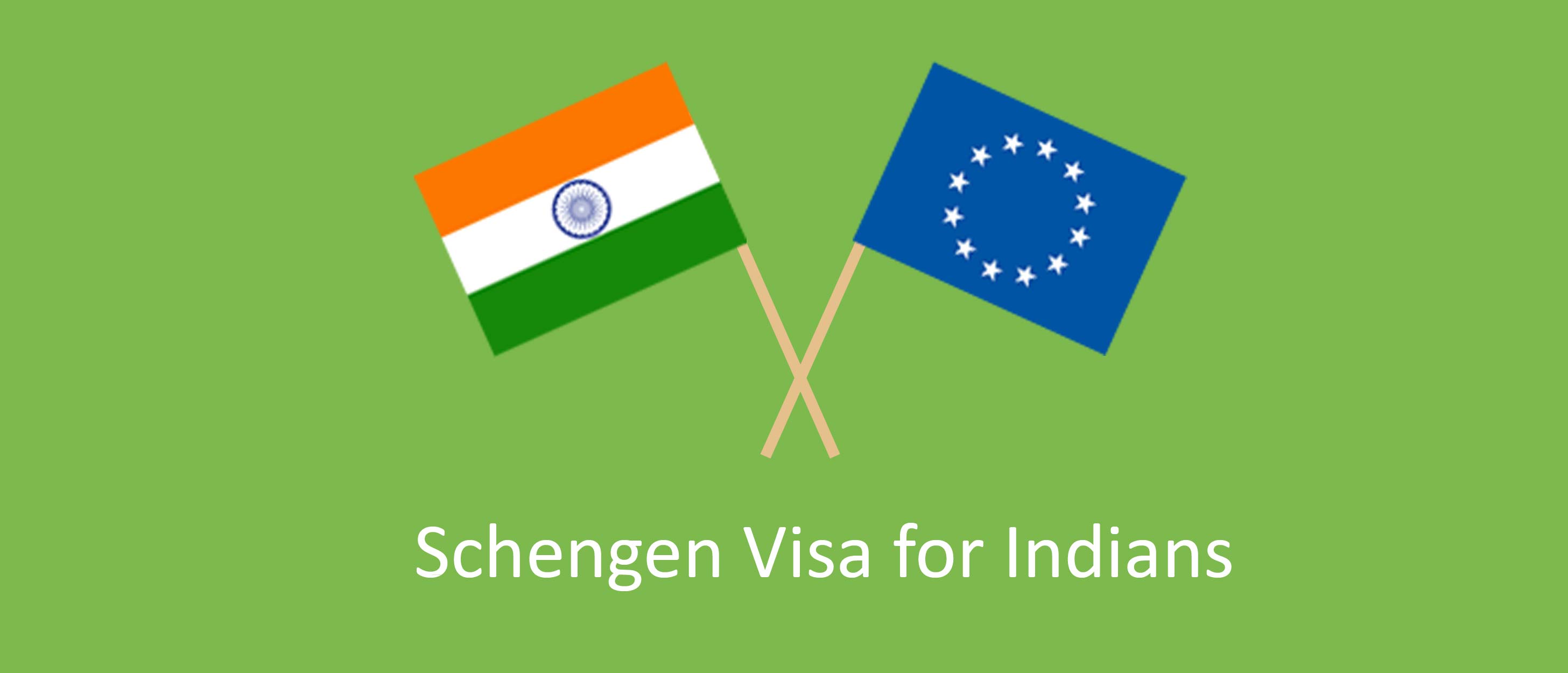
From history buffs and art lovers to business professionals and aspiring students, Europe's charm, thriving industries, and renowned universities draw travellers from around the world. Indian travellers are no exception, eager to experience this exciting continent for countless reasons.
One important step in the process is understanding the Schengen visa. Often misunderstood, the Schengen visa isn't a visa for all of Europe, but it opens doors to exciting European destinations within a specific region. This in-depth guide, designed specifically for Indian travelers, walks you through the application process, ensuring a smooth journey towards exploring the wonders of Europe's Schengen Area.
The Schengen (Schengen pronunciation - Shen-ghen) is the world’s largest free travel area. Covering most of Europe, the Schengen allows passport-free travel between all countries that are within the zone thanks to the Schengen agreement. Located in the country of Luxembourg, the Schengen agreement was signed on a houseboat in a river near the town of Schengen. And hence, the Schengen meaning is just from the name of the town.

Consider the Schengen Area as Europe's passport-free zone. The Schengen area is an area encompassing 29 European countries. It's a significant achievement, letting people move freely within a large group of European countries. Think of it like travelling between states in a country, without the hassle of border checks.
This all began in 1985 with just five countries. Now, it's grown into the world's largest free travel area! The name "Schengen" comes from the town in Luxembourg where the original agreement was signed.
A Schengen visa allows you to move freely between Schengen countries. Countries work together to maintain secure external borders called the Schengen Borders Code, which contains all the rules.
The Schengen visa is a short-term entry permit that allows people to travel to any of the members of the Schengen zone and stay there for a maximum of 90 days in a half-year period. The visa allows you to move within the Schengen zone as many times as required, as there are no border restrictions between the countries. The visa allows you to enter the Schengen states for various purposes such as tourism, business, study, etc.
Note that if you have to stay for longer than 90 days, you must apply for a National visa of the particular country instead of the Schengen visa.
The Schengen countries are a list of nations that take part in the Schengen agreement and allow people to move freely without having to go through passport or border control. 29 countries are a part of the Schengen. The Schengen visa countries include 25 countries that are a part of the EU (European Union) and 4 non-EU countries that are a part of the EFTA (European Free Trade Association). The Schengen visa countries list is as follows -
The latest additions are Bulgaria and Romania added on 31st March 2024.
Note that the states of Monaco, San Marino, and Vatican City, despite not being officially a part of the Schengen, have open-borders with the Schengen zone.

Also, note that the following countries, despite not being a part of the Schengen zone, will allow entry with a multiple-entry Schengen visa -
The Uniform Schengen Visa (USV) allows individuals to travel to all of the Schengen nations with a single visa. However, you will still be allowed to spend only a maximum of 90 days in a period of 180-days in any of the member countries. The main two categories of the USV are as follows -
Europe remains a top destination for Indian travelers, with millions visiting each year. Switzerland, Italy, and Spain are especially popular. However, since India doesn't have a visa-free arrangement with any Schengen country, a Schengen visa is a must for travel.
Fortunately, most Schengen countries have embassies in India that issue these visas. In cases where a country lacks an embassy, you can often apply through the embassy of a partner nation. For example, if you're traveling to Liechtenstein, you'd apply through a Swiss embassy in New Delhi.

Did you know? The number of Schengen visas issued to Indians has skyrocketed! In 2021, 130,427 visas were issued, and that number increased to a whopping 671,928 in 2022.
The process of applying for a Schengen visa involves several steps. In fact, it also depends on the particular embassy as well. However, the general steps involved in the Schengen visa application are as follows -
Note that you do not have to submit your biometrics in the case that you have already submitted them for a Schengen visa in the past 5 years.
After your successful application, you may pick up the passport with the visa stamp directly from the embassy/consulate/VAC, or have the VAC deliver it to you for an additional charge.
As per the Schengen visa requirements, to be able to obtain a Schengen visa, the following are the general Schengen visa documents required for an Indian passport holder. However, based on the exact country applying to, as well as the purpose of the visit, there are additional specific documents.
The total Schengen visa cost can vary depending upon the embassy you are applying to. Since the fees for the Schengen visas are mentioned as Euros, Koruna, krone, etc, It can also depend on the foreign exchange rates of the respective currency. Apart from the actual visa fees, there may be additional charges as well. You must check the exact amount before starting your application.
The Schengen visa processing time can vary slightly depending on the destination country, the number of entries, the validity, stay duration, the volume of applications at the respective embassy, as well as the previous travel history of the traveller. Usually, the Schengen visa time to process is within 15 working days. However, this may take up to 30 or 60 days in certain extreme circumstances.
Regardless of the country, purpose, or the duration of the visa, you will require a Schengen visa travel insurance. The Schengen travel insurance must be valid for the entire duration and throughout the entire region. The insurance must have at least 30000 Euros for medical emergencies. However, note that the travel insurance for Schengen visa must be from an insurance company that is approved by the consular posts of the Schengen. The Schengen visa insurance will cover your expenses in cases of any medical situations such as an injury, accident, or other sudden events.
Here are some of the approved list of Indian travel insurance companies of the consular posts of schengen states:
Buy your Schengen Travel Insurance with us. We advise visa applicants only travel medical insurance issued by Indian insurance companies that are accepted for Schengen visa procedure.
Visa Applications Made Simple
Fast, Reliable, and Expert-Reviewed.
Our expert visa consultants are ready to help you succeed!